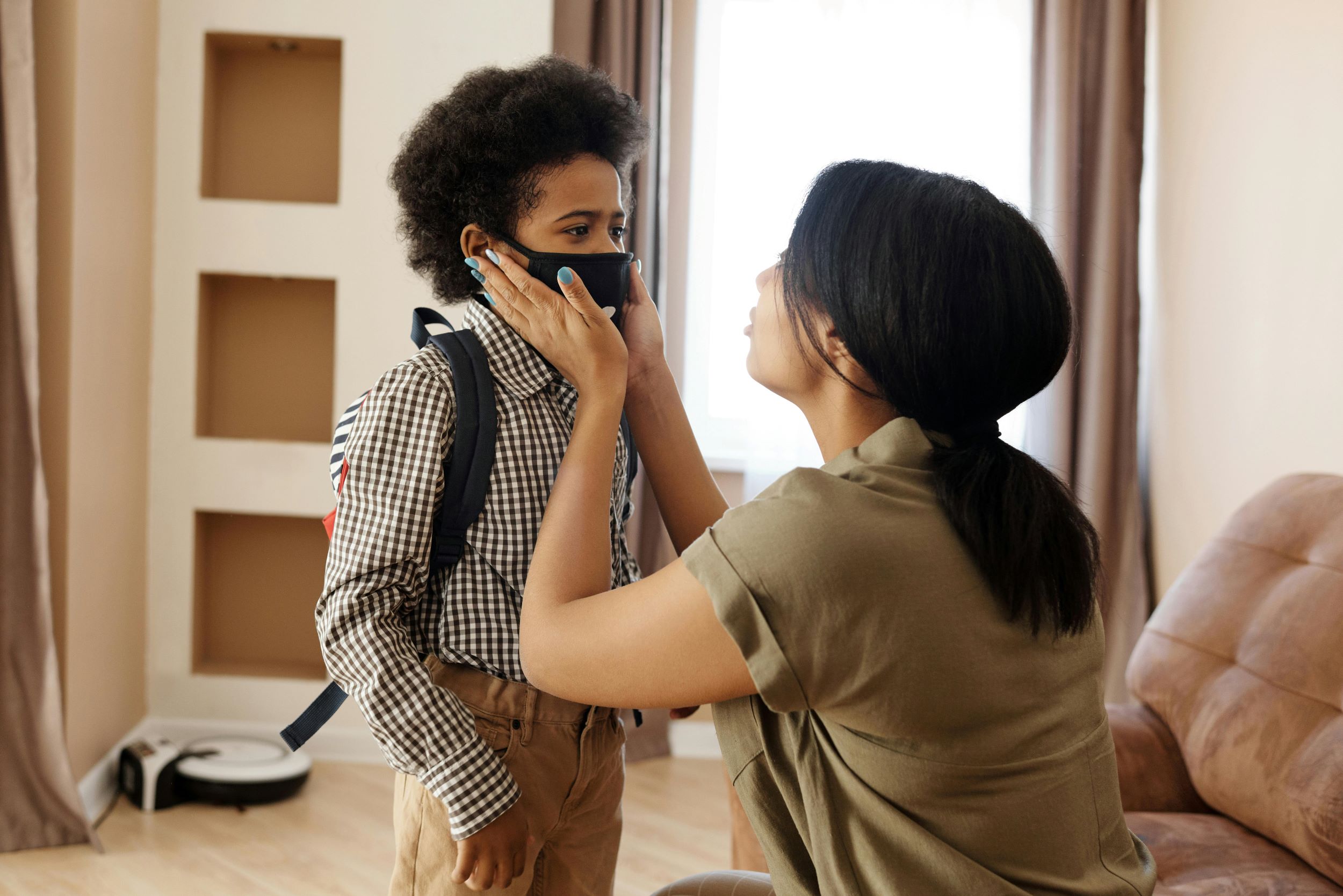The impact of co-infections on the severity of COVID-19 and the development of immunity remains largely unexplored, making it a high-priority research area, especially given the prevalence of severe flu seasons.
Health systems across the world were challenged with the rapidly spreading COVID-19 pandemic caused by the highly infectious novel SARS-COV-2 virus.
When the COCOON study was undertaken, there were no effective therapies or vaccines to SARS-COV-2, with the only preventative measure being social distancing and isolation to reduce transmission of the virus and subsequent infection.
However, the delay in community transfer of coronavirus within Western Australia due to the stringent social distancing measures that were adopted, provided researchers with the opportunity to observe the spread of the virus and immunity development within the community and at a family unit level.
The COCOON study aimed to answer:
- Why are some people, including older people, more susceptible to the SARS-COV-2 virus?
- Why are children not getting as sick as adults?
- If one family member gets the virus, how does it spread to everyone in the family?
- How are unborn and newborn babies affected?
- Is it possible to get more than one virus infection at the same time?
- How many people have been exposed to coronavirus without knowing?
- If someone gets coronavirus, do they become immune or can they get the virus again?
- How do the physical distancing measures adopted during this time affect wellbeing of individuals and families?
The COCOON study followed 250 families (1,000 participants in total) over six months. The study used a specifically developed app to help families record their daily temperatures and symptoms, and if required, alert the research team to contact families for follow-up testing for respiratory viruses including new variants of coronavirus.
Immunity levels were determined at the beginning of the study via a blood sample that was analysed for SARS-COV-2 antibodies and assessed again at the three and six month marks.
The findings from this study were intended to guide policy and the management of easing social distancing restrictions post-pandemic as communities entered a 'new normal'.

